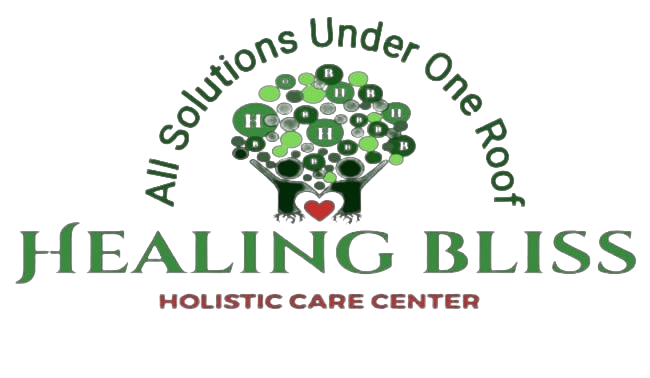By incorporating yoga into their routine, individuals with cardiac and respiratory problems may experience a range of benefits, including improved cardiovascular health, enhanced lung function, reduced stress, and increased overall well-being.
Improved Cardiovascular Health: Certain yoga practices, such as dynamic sequences (e.g., Sun Salutations), can increase heart rate and improve circulation, which is beneficial for cardiovascular health. Additionally, yoga postures that involve chest opening, such as backbends, can help stretch and strengthen the chest muscles, enhancing heart function.
Enhanced Lung Function: Pranayama, or yogic breathing techniques, focus on controlled breathing patterns that can increase lung capacity and efficiency. Practices like Deep Breathing (Ujjayi Pranayama), Kapalabhati (Skull-Shining Breath), and Bhastrika (Bellows Breath) can help improve respiratory muscle strength, increase oxygen uptake, and enhance overall lung function.
Stress Reduction: Stress is a contributing factor to many cardiac and respiratory conditions. Yoga practices such as asanas, pranayama, and meditation are effective stress-reduction techniques that can help lower blood pressure, reduce heart rate, and promote relaxation. By reducing stress levels, yoga can indirectly benefit heart health and respiratory function.
Muscle Relaxation: Yoga postures often involve stretching and releasing tension from the muscles, including those in the chest, shoulders, and diaphragm. This can help improve respiratory efficiency by allowing for fuller, deeper breaths and reducing respiratory muscle fatigue.
Mind-Body Connection: Yoga emphasizes the connection between the mind, body, and breath, promoting awareness and mindfulness. By cultivating this mind-body connection, individuals with cardiac and respiratory problems can learn to better regulate their breathing patterns, manage symptoms, and cope with stressors related to their condition.
Gentle Exercise: For individuals with cardiac or respiratory issues who may need to avoid strenuous physical activity, yoga offers a gentle yet effective form of exercise. Yoga can be adapted to suit individual needs and limitations, making it accessible to people of all fitness levels and health conditions.
Complementary Therapy: Yoga can complement traditional medical treatments for cardiac and respiratory conditions, helping to improve overall quality of life and well-being. However, it’s essential for individuals with these conditions to consult with their healthcare provider before starting a yoga practice to ensure that it’s safe and appropriate for their specific needs.


